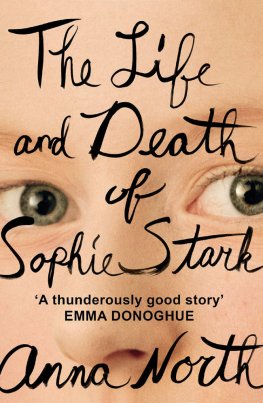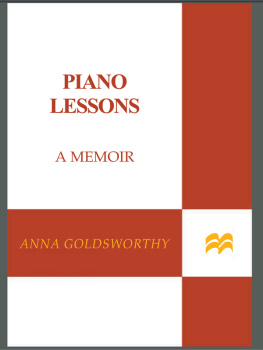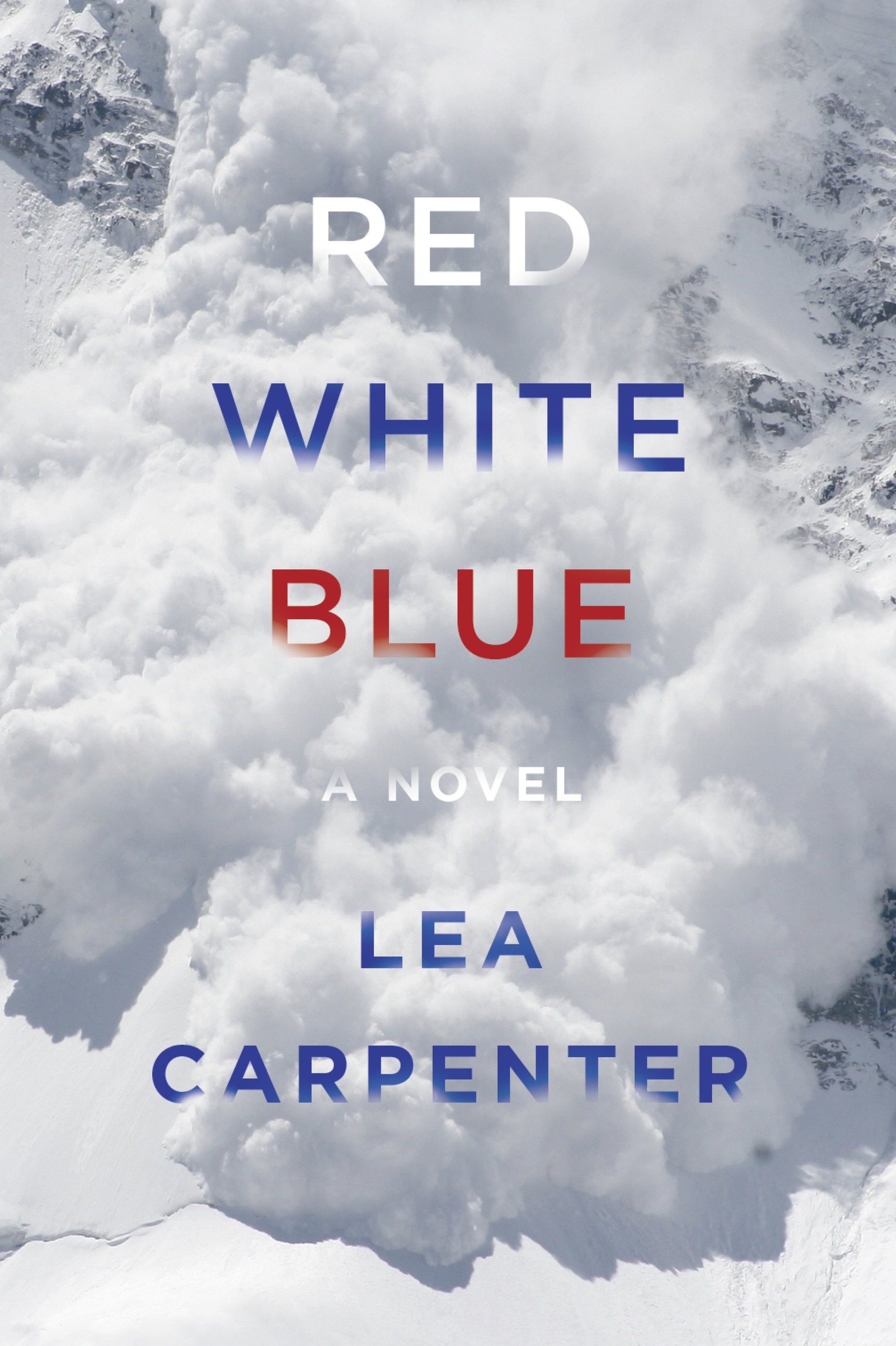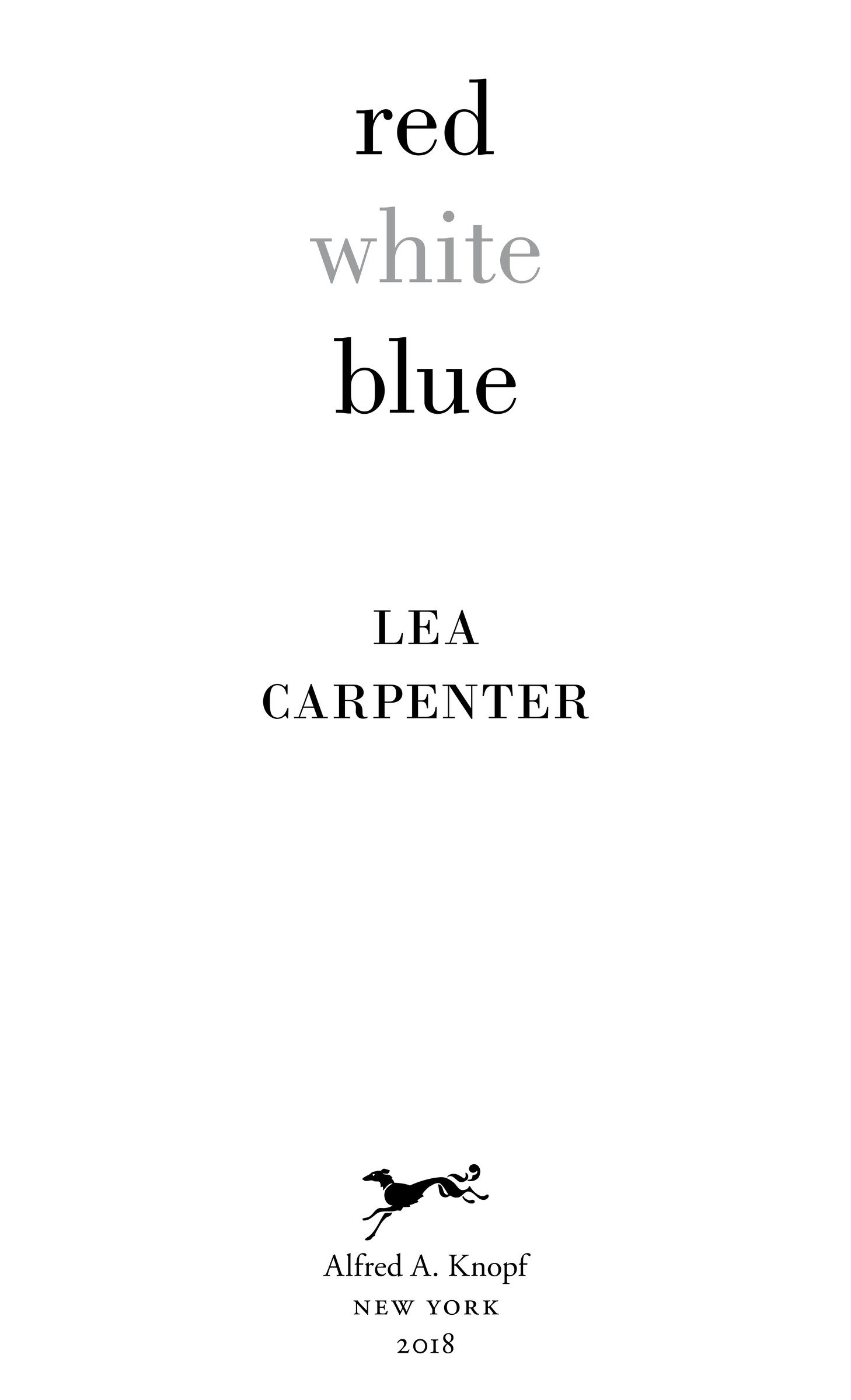A LSO BY L EA C ARPENTER
Eleven Days
THIS IS A BORZOI BOOK PUBLISHED BY ALFRED A . KNOPF
Copyright 2018 by Lea Carpenter
All rights reserved. Published in the United States by Alfred A. Knopf, a division of Penguin Random House LLC, New York, and distributed in Canada by Random House of Canada, a division of Penguin Random House Canada Limited, Toronto.
www.aaknopf.com
Knopf, Borzoi Books, and the colophon are registered trademarks of Penguin Random House LLC.
Library of Congress Cataloging-in-Publication Data
Names: Carpenter, Lea, author.
Title: Red, white, blue : a novel / Lea Carpenter.
Description: First edition. | New York : Alfred A. Knopf, 2018.
Identifiers: LCCN 2017047883 | ISBN 9781524732141 (hardcover) | ISBN 9781524732158 (ebook)
Subjects: | GSAFD : Suspense fiction.
Classification: LCC PS 3603. A 7698 R 43 2018 | DDC 813/.6dc23 LC record available at https://lccn.loc.gov/2017047883
Ebook ISBN9781524732158
This is a work of fiction. Names, characters, places, and incidents either are the product of the authors imagination or are used fictitiously. Any resemblance to actual persons, living or dead, events, or locales is entirely coincidental.
Cover photograph: My Good Images/Shutterstock
Cover design by Jenny Carrow
v5.3.2
ep
This book is for the extraordinary people who shared their stories with me.
The structure of the difficulty begins to disclose itself. We cannot construct an explanation. We do not know which of our facts are bricks and which are papier-mch painted to look like bricks. We can only watch the way the bricks are handled. It is painful, nonetheless, to relinquish ones hope for a narrative, to admit that the study of the CIA may not lead to the exposure of facts so much as to the epistemology of facts. We will not get the goods so quickly as we will learn how to construct a model which will tell us why we cannot get the goods.
NORMAN MAILER, A Harlot High and Low
Contents
grace
Grace. She had inherited it though it can be learned. She was, some might say, born for public life. She was also born temperamentally disposed against it, against even the occasional party. She found parties both stressful and boring. Not many things qualify as at once stressful and boring. Taxes. Waiting. As a child she was the envy of other mothers who interpreted her reserve as manners. As a girl she was the one who shared her Halloween candy with strangers. And at Princeton, she distinguished herself by studying Chinese (her father said it was essential, to understand the world) and Russian (her mother said it was essential, to read the novels). She also distinguished herself by moving off campus with a senior when she was a freshman. And while it might have looked from the outside as if her time there was spent mainly in libraries, it was mainly spent falling in love. That senior graduated and moved away. Three years later, Anna graduated, too. Summa cum laude, Phi Beta Kappa, absolutely no clue.
red
Espionage is not a math problem.
When we met, your father told me about the night you were born, how he spent it in a hospital but not with you and your mother, in a hospital in a city far away from the one where you arrived, on time. He said, with that sly charm, Though where I was wasnt quite a hospital, in truth. It wasnt quite a city, either. He described looking out the window and seeing fires in the streets. He described thinking about your name while watching his friend die, the blood on his hands. His friend, his colleague.
He told me theyd chosen Anna finally, not because of the literary echoes but because your mother had liked its lyricism, the precision of those twin As on either end. Precision, or was it simplicity? He said, And also because the letter A is a beginning, and I wanted to remember that night as being about the start of something rather than about an end. I didnt say that the letter A always made me think of endings, as in answers, as in questions and answers. The answers are what matter.
I met your father within the first hour of my first day at the Agency. He told me that story, then took me to see the stars on the wall, each star linked to a loss of life. He pointed to one and said, That was my friend the night she was born, in that hospital in that city with those fires. He told me he planned to take you to see the star when you were old enough.
I didnt understand at the time what he was talking about. I went into this for the thrill, the mission, the risk. Some boys want to be quarterback. I wanted something different. Your father was trying to tell me that the essence of the experience would be emotional. Espionage isnt a math problem, he said. Espionage is intimacy, a trip to the truth. I was a skilled interrogator, but the hardest interrogation is the one we perform on ourselves, of course. Your father always said, Ask the hard questions. And, Write down the answers, else youll forget.
These are my answers. This is what happened, and why, what I know and believe. This story doesnt involve fires, though it does involve a goddess or two. It does involve a dying friend. It involves a young officer who followed orders and committed crimes and fell in love and saved a life.
I believe in forgiveness.
I believe except the Lord keep the city, the watchman will wake, but in vain.
I believe in you.
This is the story of your father, Anna. You are old enough now.
white
An avalanche can be triggered by weather or surface conditions. It can be triggered by a single skiers slip. Even an expert can be caught in an avalanche. And the most common cause of death in this case is asphyxiation. Its a kind of drowning, actually, drowning in snow. When her father died in an avalanche, Anna became obsessed with mountain weather, with snow. She learned that in the winter of 1951, also called the Winter of Terror, there were 649 avalanches in the Alps alone, that more than ninety lost their lives in the canton of Valais, in Switzerland, which is exactly where her father had a home and where he hiked to find fresh tracks the day he died, sixty some winters later. After she buried him near the Matterhorn, Anna had her own Winter of Terror. She was newly married and living, as one friend put it, in the mourning shell, an Athenian isolation tank of loss. Shell, tankthat sounded about right. And yet just as she was most focused on herself and on her own pain, someone presented her with a problem even more complex than loss. The effect of this was what one might call empathy, or perspective. One might also call it deus ex machina. Anna met this guy with his problem at Cap dAntibes, in the South of France, only seven months after placing edelweiss on her fathers Swiss grave. He would pull her out of the tank, soaking and alive.
one
Q.
A.
Do you know about spectral evidence? Did he ever talk to you about spectral evidence, from the witch trials. He talked to me about it. The trials were one of his absolute obsessions. Spectral evidence, declared inadmissible by Increase Mather, 1692, was central to those prosecutions. Increase, Cottons father, president of Harvard, a serious person, a man of God, a man who believed in the importance of young men learning Greek, who believed in human kindness, who believed in his New World. Who believed in order. And who denied the viability of spectral evidence, despite Cottons strong claims in its favor. Spectral evidence was testimony, a witnesss recollection of a vision or dream in which she was assaulted by a witch. Dreams and visions were presented, and received, as fact during those trials, presided over by a court designed for the exclusive purpose of sorting the witch situation. Increase Mather knew spectral evidence was specious. God, Ancient Greek, and political prudencethat was Increase. The devil can assume many shapes, was his view. Whos to say visions arent planted in the minds of the victims, was his view. Perhaps it wasnt a witch at all who visited those girls, perhaps it was simply adolescent imagination. Or desire. This position was a hedge, though, a way not to question the existence of witches while urging prosecutorial logic. In my view. One might wonder whether you can kill a witch, yes, but the executions placed an anxious people at ease. Molestations from the invisible world, is what Cotton Mather called the crimes. Increase later wrote that it were better that ten suspected witches should escape, than that one innocent person should be condemned. Some things are elegant in theory, Anna, but bloody in practice. Like believing in witches. Or evil.









